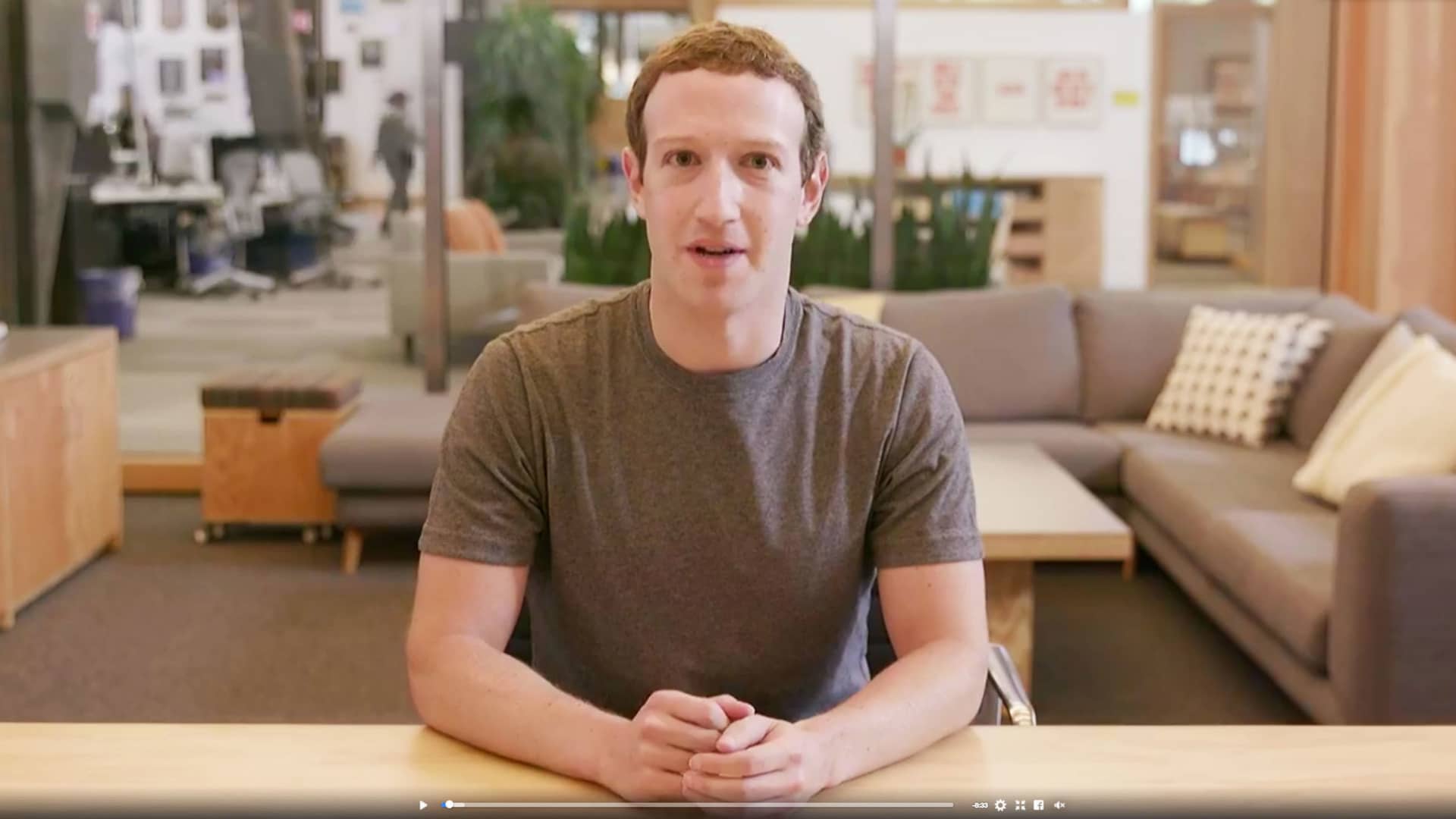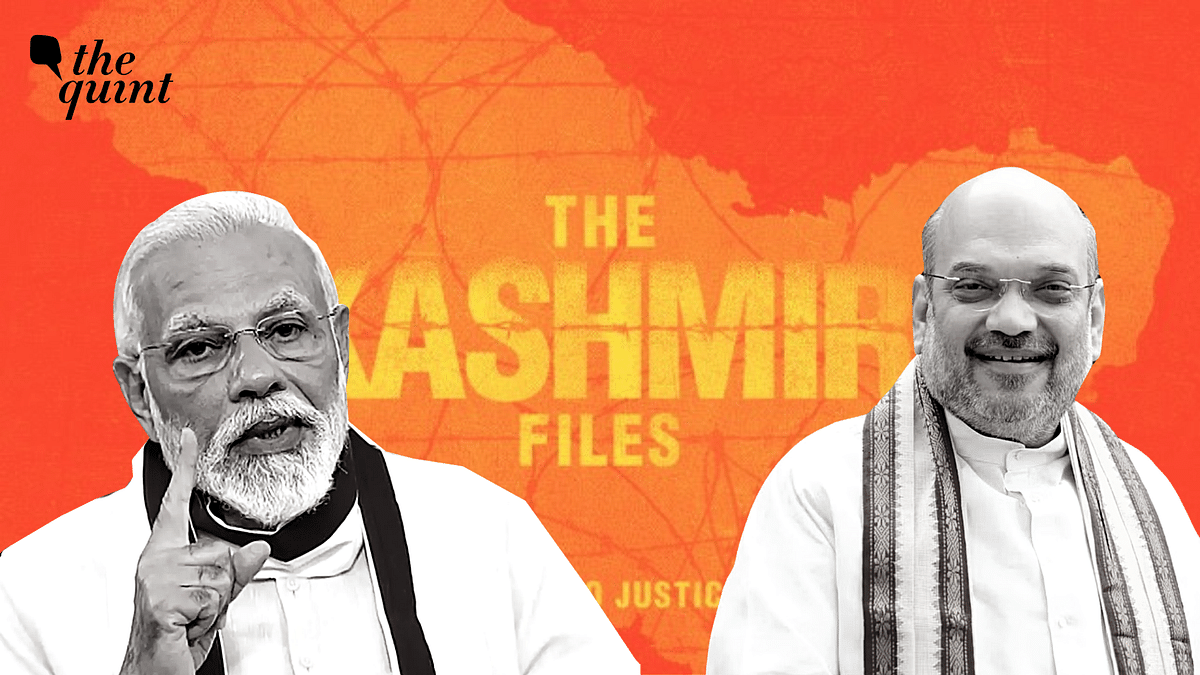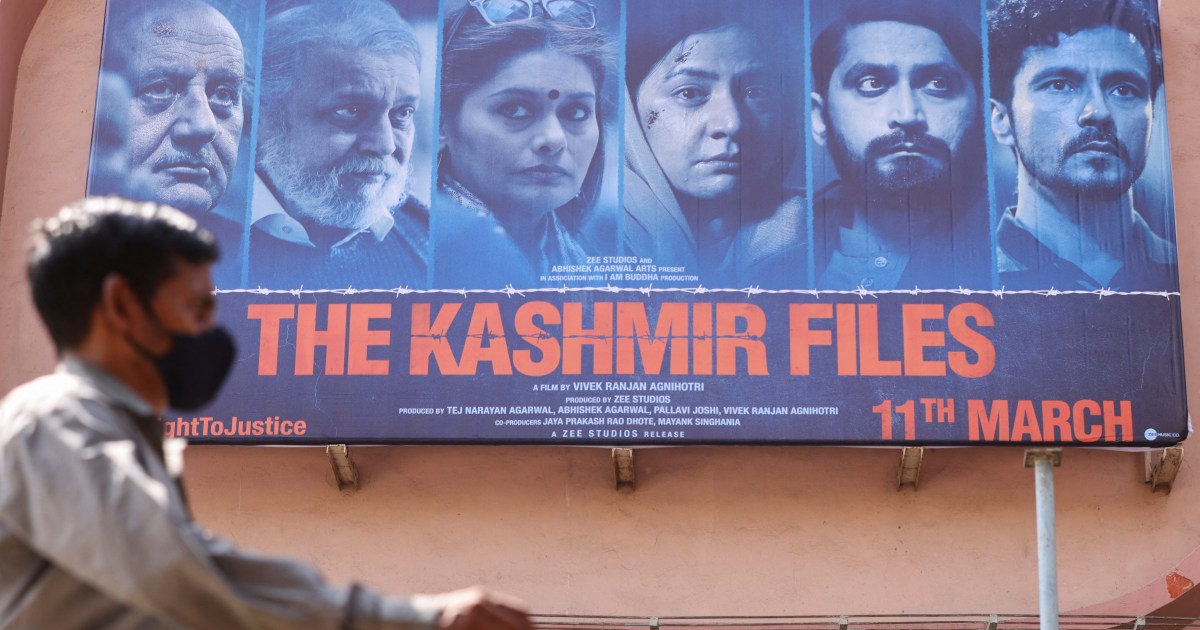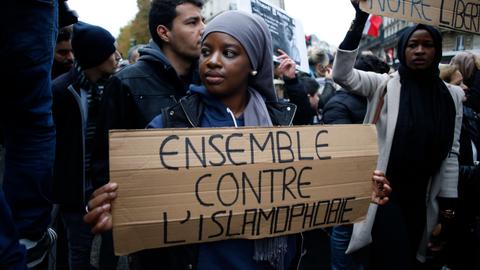
As the United Nations adopts a resolution proclaiming the 15th of March as the 'International Day to combat Islamophobia,' two separate events in India from the past week, beyond the election results, threaten religious minorities. In this issue of TypeRight, we look at a rather unsettling court judgement, a movie that might be having a 'triumph of the will' moment, and also, the country's slide in indices of democracy, employment, and happiness, all because Hate is a product and commodity that is being sold at mass scale.
As another set of elections come to a close, including Uttar Pradesh, usually considered to be decisive in setting the terms for the upcoming general elections. However, the hate campaigns and polarising content that is flowing through social media aside, this week marks two other landmark incidents that will dictate majoritarian hate for the month, year, or probably even more. As for a story from Uttar Pradesh, where the assembly elections recently concluded:
Also, shedding some light into the election campaigns and advertising, this Al Jazeera investigation reveals how the Supreme Court of India’s "fears that Facebook’s policies and algorithms threaten electoral politics and democracy" is actually coming true.
Meanwhile, here is an article from almost five years ago, where Facebook founder Mark Zuckerberg 'vowed to protect election integrity':
We had already covered Facebook in some detail in a previous issue of TypeRight, read it here:
Here is a detailed post-election analysis before moving on to the other important events of the past week:

Now, one of the aforementioned incidents is the release of a movie that one would be hard-pressed to classify as anything short of propaganda.
The Kashmir Files, a film directed by Vivek Agnihotri, has already amassed over Rs. 200 Cr in the box office. Several states with a BJP government has made the movie tax free, and legislators have been given free tickets, corporates have also made the screenings free for some employees.
It is not just that the film is misinterpreting and misrepresenting facts, it is also that the movie is polarising and inciting majoritarian communities to act violently on the minority population.
In these times, it is important to also not lose track of facts:
Quoting a review from HighOnFilms,
In his review for “Triumph of the Will”, Roger Ebert wrote- “That Triumph of the Will is a great propaganda film, there is no doubt, and various surveys have named it so. But I doubt that anyone not already a Nazi could be swayed by it. Being a Nazi, to this film, means being a mindless pawn in thrall to the godlike Hitler.” Yet, going through that quote again made me realize how Ebert greatly undermined the need for deciphering why it may be persuasive to people. 87 years later, we’re now living in times where it’s the discourse that forms a narrative for any given subject matter. Such films make a curious case: the role virtue-signaling tends to play around the reception of them.
This is a report after journalists from the NewsLaundry watched the movie in three different theatres across Delhi-NCR:
The second incident is a court verdict in Karnataka over the issue of religious freedom- particularly here, the right to wear a Hijab in colleges and schools. After several months of tensions and deferments and interim judgements, the Karnataka High Court announced a judgement to the petition filed by the students regarding educational institutions imposing a ban on hijab as a school uniform.
The judgement, interestingly proclaimed that the "Hijab" clothing is not an essential part of Islam, setting a precedence for a lot of future legal battles.
How exactly education institutions are becoming secular is a different question, because while the government was pushing for a seemingly secular space in educational institutions, this is what happens parallel:
Now that the type of secularism endorsed is more clearly visible, the actual issue this causes for the education of Muslim women students, many who are already facing the brunt of a gap caused by a gendered digital divide can be looked at. March is a month where most states (and the centre) conduct their final exams, and many students who had already missed out on classes now find themselves similarly worried about their exams.
As the author from this article reminds us,
The High Court judgement also mentions unseen hands at work to engineer social unrest and disharmony. So the court is cognisant of these politicised actions by Hindutva supremacist groups. This entire game that was orchestrated was never about the hijab. ... The onus of arresting this basic and most sacred social contract from disintegrating further is strictly on secular forces and democratic institutions in the country.
The basic important question still remains this, as these students point out:
The United States Commission on International Religious Freedom, 'an independent, bipartisan American government agency that monitors the universal right to freedom of religion and makes policy recommendations,' had earlier noted a “sharp downward turn” in religious freedom in India in 2019 and flagged India as a “country of particular concern” in a report in 2020.
It is in this note that we must also see the UN decision to declare March 15 as the day to combat Islamophobia. India, along with some EU countries had opposed the decision, but March 15 marks the anniversary of the attack in Christchurch, New Zealand, where 51 people were killed.
Continuing on other news...
Continuing on the coverage of berozgaari, statistics show how levels of unemployment in the nation are reaching different highs,
- and at the same time, India also ranks one of the worst worldwide in the 2022 Happiness Index:
There's a reason to think the rates of unemployment, that of exclusion or hate, or freedom in general and happiness are linked. The V-Dem Institute's report notes a dominant trend of "toxic polarisation" in 40 countries, including India.
This is part of a global trend, as per this article with an interactive map visualised by Axios:

From this report in The Hindu,
The report identified “misinformation” as a key tool deployed by autocratising governments to sharpen polarisation and shape domestic and international opinion. Repression of civil society and censorship of media were other favoured tools of autocratising regimes. While freedom of expression declined in a record 35 countries in 2021, with only 10 showing improvement, repression of civil society organisations (CSOs) worsened in 44 countries over the past ten years, “putting it at the very top of the indicators affected by autocratisation”. Also, in 37 countries, direct government control over CSOs’ existence moved in an authoritarian direction — “evidence of the far-ranging weakening of civil society around the world.”
Among the large tech that has backed out from Russia, Lumen issued a statement saying "to ensure the security of our and our customers' networks, as well as the ongoing integrity of the global internet.
Here is a government, calling spade a spade. Tamil Nadu, which is one of the most developed and progressive states of India, is taking note of how social media is becoming toxic and spreading hate. From Tamil Nadu, the government is trying to fight misinformation and hate with a monitoring centre:

Also from the same state, this report gives an idea of how deep the digital divide is:

DEF Updates: Here are some updates from the ground work of DEF.
From our CIRC coordinators in Bihar and Assam:
And from our digital rural centre in Ghazipur of Uttar Pradesh:
This initiative, DigiGian, by DEF and partner Wartsila, conducted training sessions to help impart students in Haryana's Karnawas with digital literacy skills:
Until we meet next week, we urge our readers to actively counter the polarisation, hatred and violence wherever possible, digitally and otherwise!































 might be?](https://sk0.blr1.cdn.digitaloceanspaces.com/sites/1394/posts/714526/dbc8de4c-5c50-411f-aba0-55cfb74a692d.jpeg)

Write a comment ...